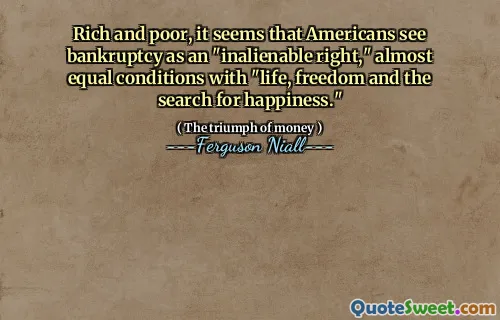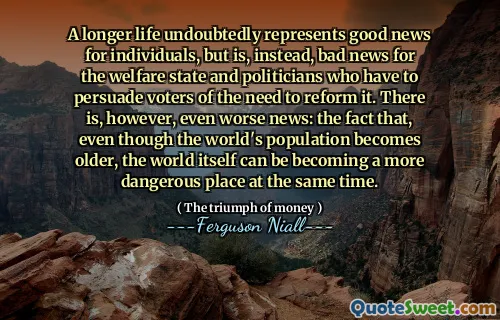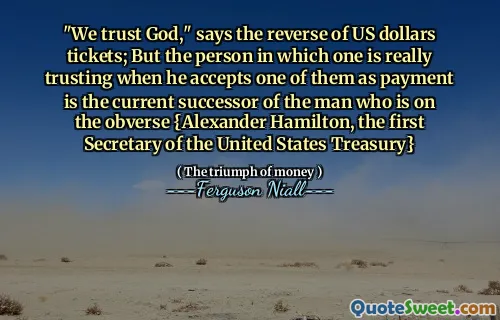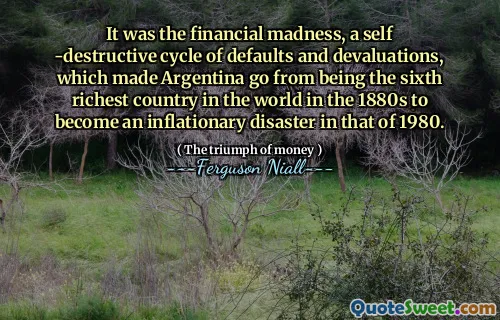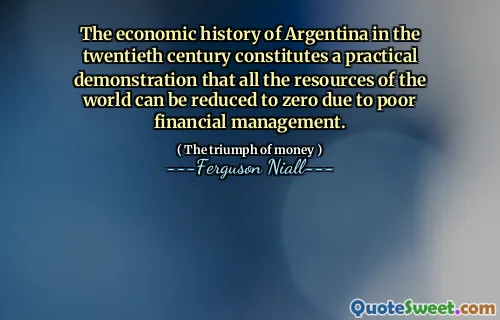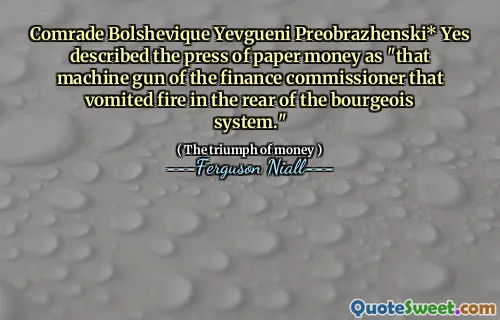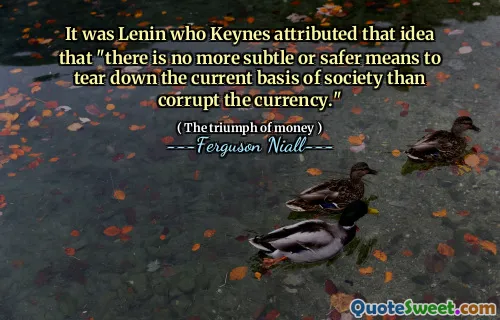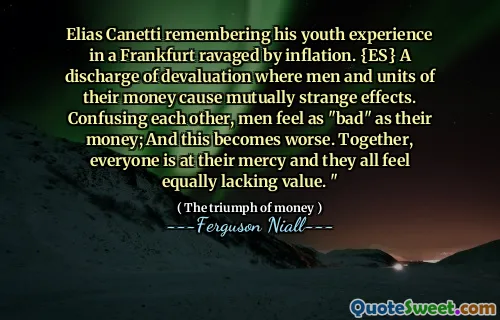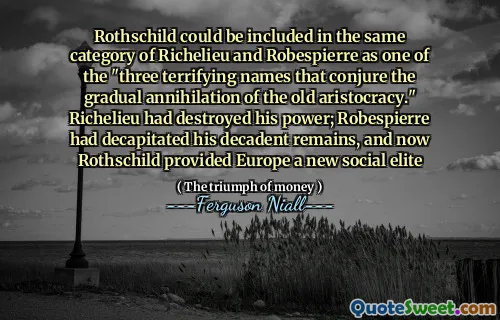Niall Ferguson is a renowned historian recognized for his insightful analysis of economic, political, and social issues. His work often bridges the gap between history and contemporary challenges, making it relevant for both scholars and general audiences. Ferguson's books cover a range of topics, including the rise and fall of empires, the impact of financial systems, and the intertwining of history with current events. His engaging writing style and ability to connect historical trends with modern phenomena have earned him both critical acclaim and a broad readership. Additionally, Ferguson frequently contributes to public discourse through lectures, articles, and media appearances, where he shares his perspectives on global affairs and economic policy. Ferguson's academic background and expertise contribute to his reputation as a leading historian, making him a significant voice in discussions about the future and the lessons that can be drawn from the past. His work not only informs but also encourages debate about the direction of societies in an increasingly complex world.
Niall Ferguson is a celebrated historian and commentator known for his engaging analysis of historical events and their repercussions on modern society. His works explore themes of economics, politics, and social dynamics, and he often suggests that understanding history is crucial for making sense of current issues.
He has authored numerous influential books addressing the rise and fall of empires, financial systems, and the connection of history to today's global challenges. Ferguson's approachable writing style and ability to relate past events to present-day contexts have garnered him a wide readership and critical acclaim.
Beyond his books, Ferguson is a prominent public intellectual who participates in media discussions and lectures, providing insights on global events and policies. His scholarly background positions him as a vital voice in the exploration of how history shapes our future and the lessons society can learn from it.
More »
Today Birthdays
1866 -
Gilbert Murray
1959 -
Patrick Nielsen Hayden
1956 -
Lynda Barry
1920 -
Isaac Asimov
1928 -
Daisaku Ikeda
1938 -
Robert Smithson
1967 -
James Marshall
1938 -
David Bailey
1936 -
Roger Miller
1909 -
Barry Goldwater
1983 -
Kate Bosworth
1962 -
April Winchell
1940 -
Jim Bakker
1963 -
Matthew Stewart
1942 -
Dennis Hastert
1905 -
Michael Tippett
1970 -
Eric Whitacre
1947 -
Jack Hanna
1858 -
Beatrice Webb
1972 -
Taye Diggs
1963 -
David Cone
1991 -
Ben Hardy
1913 -
Anna Lee
